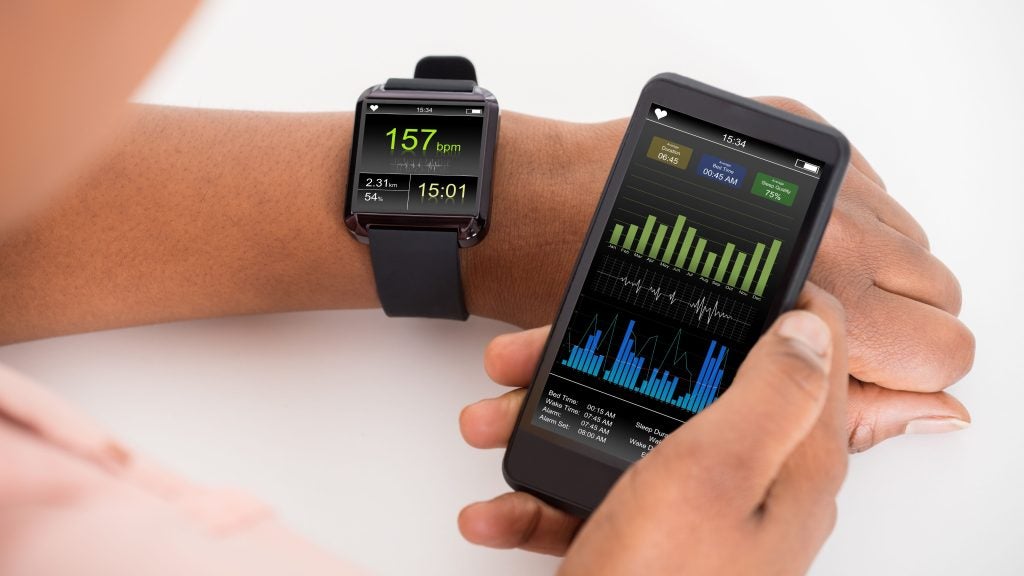
The clinical trial landscape has experienced drastic changes over the past few years, driven by new and increasing challenges, especially with regard to supply chain operations. The road to improve trial management goes through a better understanding of scenarios clinical professionals face daily and through a sound strategy to timely address constantly changing trial needs.
After defining the major trends in the current clinical landscape and their effects on the supply chain, the advantage of integrating interactive response technology (IRT) into the overall planning process are discussed. IRT-based simulation of initial demand and accurate reforecasting are described as pillars to optimizing the supply chain, meeting time and budget constraints, and minimizing the risk of hearing someone shouting the most hated word by clinical supply managers: “stock-out.”
Clinical Trends and Supply Chain Implications
Several robust trends have emerged lately in the industry. Among the most impressive is the rise in the number of studies per year that has increased by a factor of 60 from the year 2000. By May 2017, there were 245,634 registered studies while the average cost for drug approvals exploded to more than $2.5 billion (see Figure 1).1
Containing supply chain costs requires minimizing drug production and shipment expenditure, while mitigating the risks of stock out and patient harm by ensuring drug availability at the site level. The only way to reduce costs in an environment filled with uncertainty is by designing a robust, but lean forecasting solution that enables data-backed decisions for planning, running and closing a trial.
Figure 1: Change in average R&D cost for drug approval in million dollars 2
How well do you really know your competitors?
Access the most comprehensive Company Profiles on the market, powered by GlobalData. Save hours of research. Gain competitive edge.

Thank you!
Your download email will arrive shortly
Not ready to buy yet? Download a free sample
We are confident about the unique quality of our Company Profiles. However, we want you to make the most beneficial decision for your business, so we offer a free sample that you can download by submitting the below form
By GlobalDataIRT as the Ideal Platform to Complement Your Forecasting Solution
The use of IRT solutions is already a standard for the majority of clinical trials, given the broad set of advantages it provides, from patient management to real-time kit allocation.4 Combining IRT functionality and logistics expertise has become indispensable also for managing the clinical supply chain in an efficient and cost-effective manner.
Both in standalone or interfaced with other supply chain systems (MRP, ERP), IRT provides a unique opportunity to close the loop from supply production, to packaging and distribution, to site inventory, and to patient engagement. The use of IRT enhances visibility and enables a faster reforecasting of clinical supplies throughout the trial with real-time data. A typical forecasting exercise for a clinical study is described in Figure 2:

Figure 2: IRT provides real-time feedback to evaluate the change in expected demand
When planning a trial, forecasting solutions aim mainly at helping sponsors set the correct initial amount of supplies to manufacture and package. Both are part of the supply chain strategy, based on trial-specific features and risk considerations to build baseline assumptions.
IRT systems can support and drive the planning phase by running simulations based on past events, observed trends, mathematical models, and expert feedback. Simulations are performed several times to generate different forecasts depending on the built-in variability of study parameters. By aggregating statistical results, supply chain professionals can identify ranges and potential variations of study parameters, as well as their impact on the expected demand.
During trial execution, reforecasting is valuable in ensuring the supply chain strategy stays on track and, when necessary, to anticipate corrective responses to updated assumptions. IRT solutions recently added intelligent forecasting and business analytics to allow supply chain managers to estimate future supply needs by updating and re-modeling baseline parameters. IRT collects real data (recruitment rate, patient allocation, temperature excursions, etc.) coming from the entire supply chain and feed the initial model.
If the tool finds a substantial variation to the baseline, it will spot it and inform the supply manager via reports or dashboards. Supervised reforecasting becomes an unbeaten tool to keep a proactive approach to supply management, for instance, by adapting the re-supply strategy or by requesting a new manufacturing run. As a study approaches its end, accurate forecasting guarantees that all sites have enough stock to complete patient treatment.
IRT forecasting does not only support the patient’s safety and correct supply management, but also minimizes the amount of residual kits at sites and depots. Furthermore, IRT stops all packaging and manufacturing orders, and stores valuable data that can be used to model similar studies in the future.
Conclusion
Running a clinical study has become increasingly difficult due to the high level of complexity and variability of several aspects. Setting up, controlling and managing the supply chain is increasingly important for the success of any clinical study. Modern IRT solutions provide simulation and forecasting tools that support supply chain professionals to optimize the supply chain, which guarantee an efficient and safe management of supplies, timely management of shipments, and reduces overages.
Furthermore, clinical supply managers can gather real-time information after the study start, proactively identify issues, and adapt the forecast to keep the solution at the highest possible level of efficiency. Visibility and data-driven decision-making are key to keep the entire clinical supply chain under control, and to build long-lasting relationships with key stakeholders.










Related Company Profiles
IRT, Inc.
MRP, LLC